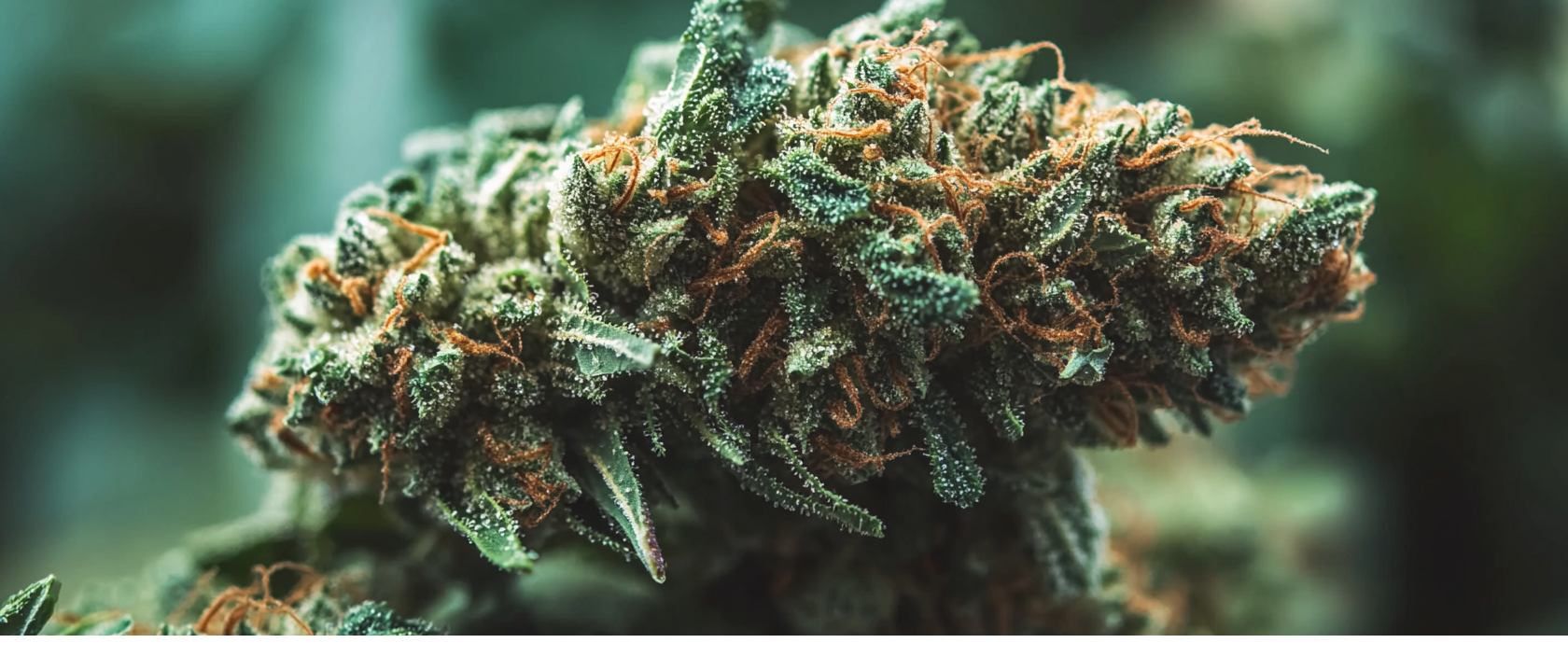-
Table of Contents
THCA Flower Benefits
In recent years, the cannabis industry has seen a surge in interest surrounding various cannabinoids and their potential benefits. One such cannabinoid that has garnered attention is THCA (tetrahydrocannabinolic acid). Unlike its more famous counterpart THC (tetrahydrocannabinol), THCA is non-psychoactive, meaning it does not produce the “high” associated with cannabis use. This article explores the potential benefits of THCA flower, supported by research, examples, and case studies.
Understanding THCA
THCA is a naturally occurring compound found in raw and live cannabis plants. It is the precursor to THC and converts to THC when exposed to heat through a process called decarboxylation. This conversion is why raw cannabis does not produce psychoactive effects. THCA is typically found in higher concentrations in fresh cannabis flowers and leaves.
Non-Psychoactive Nature
One of the most significant aspects of THCA is its non-psychoactive nature. This makes it an attractive option for individuals seeking the therapeutic benefits of cannabis without the mind-altering effects. This characteristic opens up possibilities for a broader range of users, including those who may be sensitive to THC or prefer to avoid its psychoactive properties.
Potential Health Benefits
Research into THCA is still in its early stages, but preliminary studies and anecdotal evidence suggest several potential health benefits:
- Anti-Inflammatory Properties: THCA has shown promise in reducing inflammation, which could be beneficial for conditions such as arthritis and other inflammatory diseases.
- Neuroprotective Effects: Some studies indicate that THCA may have neuroprotective properties, potentially aiding in the treatment of neurodegenerative diseases like Alzheimer’s and Parkinson’s.
- Anti-Emetic Effects: THCA may help reduce nausea and vomiting, making it a potential option for patients undergoing chemotherapy or those with chronic gastrointestinal issues.
- Antioxidant Properties: The antioxidant properties of THCA could contribute to overall health and wellness by combating oxidative stress and free radicals.
Case Studies and Research
Several case studies and research projects have highlighted the potential benefits of THCA:
Case Study: THCA and Epilepsy
A notable case study involved a young girl with severe epilepsy who experienced significant improvement in her condition after using THCA-rich cannabis oil. Her seizures reduced dramatically, and her quality of life improved. This case has sparked interest in further research into THCA’s potential as an anti-epileptic treatment.
Research on Anti-Inflammatory Effects
A study published in the “Journal of Pharmacology and Experimental Therapeutics” found that THCA exhibited anti-inflammatory properties in animal models. The researchers concluded that THCA could be a promising candidate for treating inflammatory conditions without the psychoactive effects of THC.
Methods of Consumption
There are various ways to consume THCA flower, each offering different benefits:
- Raw Consumption: Consuming raw cannabis leaves or flowers in smoothies or salads preserves the THCA content without converting it to THC.
- Juicing: Juicing fresh cannabis leaves and flowers is another method to intake THCA while retaining its non-psychoactive properties.
- Tinctures and Oils: THCA can be extracted and used in tinctures or oils, providing a convenient way to measure and consume specific doses.
- Topicals: THCA-infused creams and balms can be applied directly to the skin for localized relief from inflammation and pain.
Legal Considerations
The legal status of THCA varies by region. In some areas, THCA is considered legal as long as it is not converted to THC. However, regulations are constantly evolving, and it is essential to stay informed about local laws and guidelines regarding THCA use and possession.
Conclusion
THCA flower presents a promising avenue for those seeking the therapeutic benefits of cannabis without the psychoactive effects. With its potential anti-inflammatory, neuroprotective, anti-emetic, and antioxidant properties, THCA offers a range of health benefits that warrant further research and exploration. As the cannabis industry continues to evolve, THCA may become an increasingly valuable component in the quest for natural and effective treatments.
